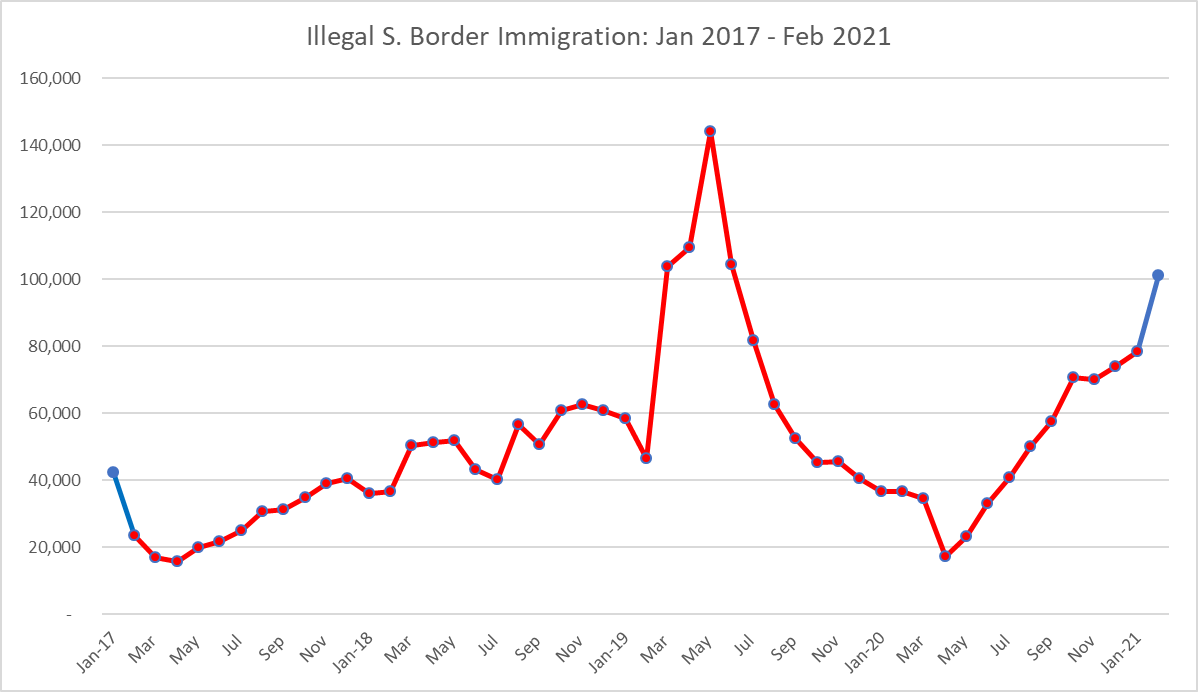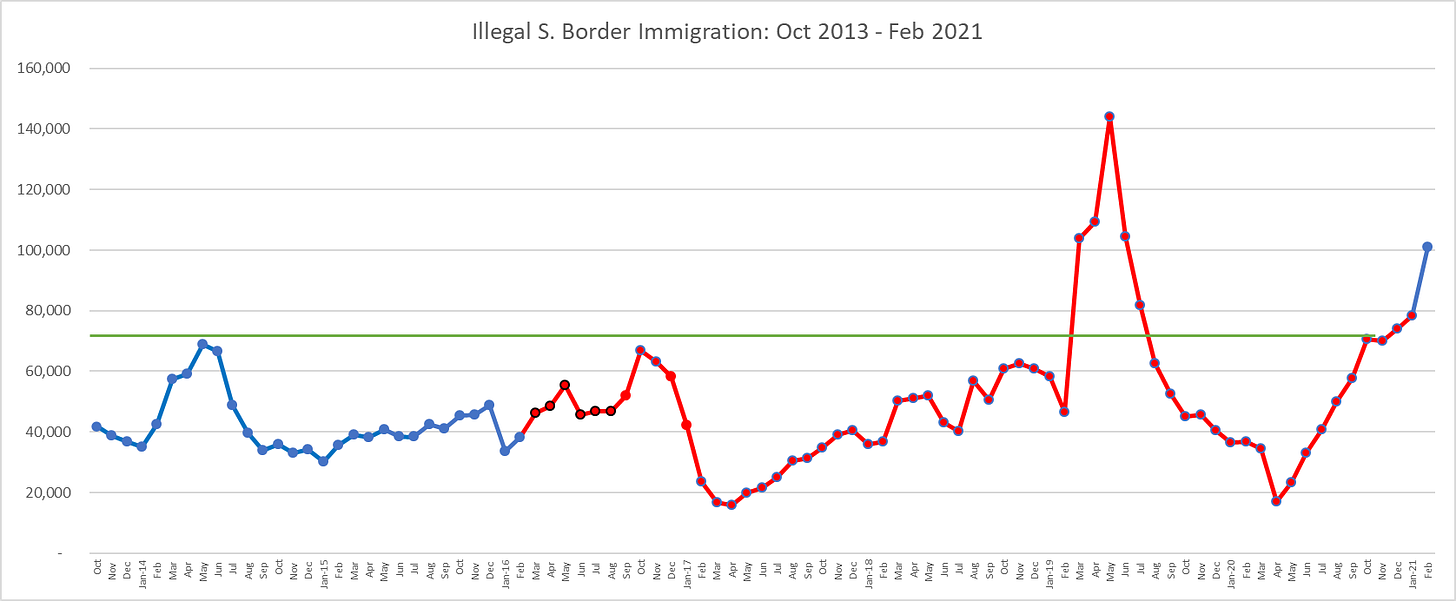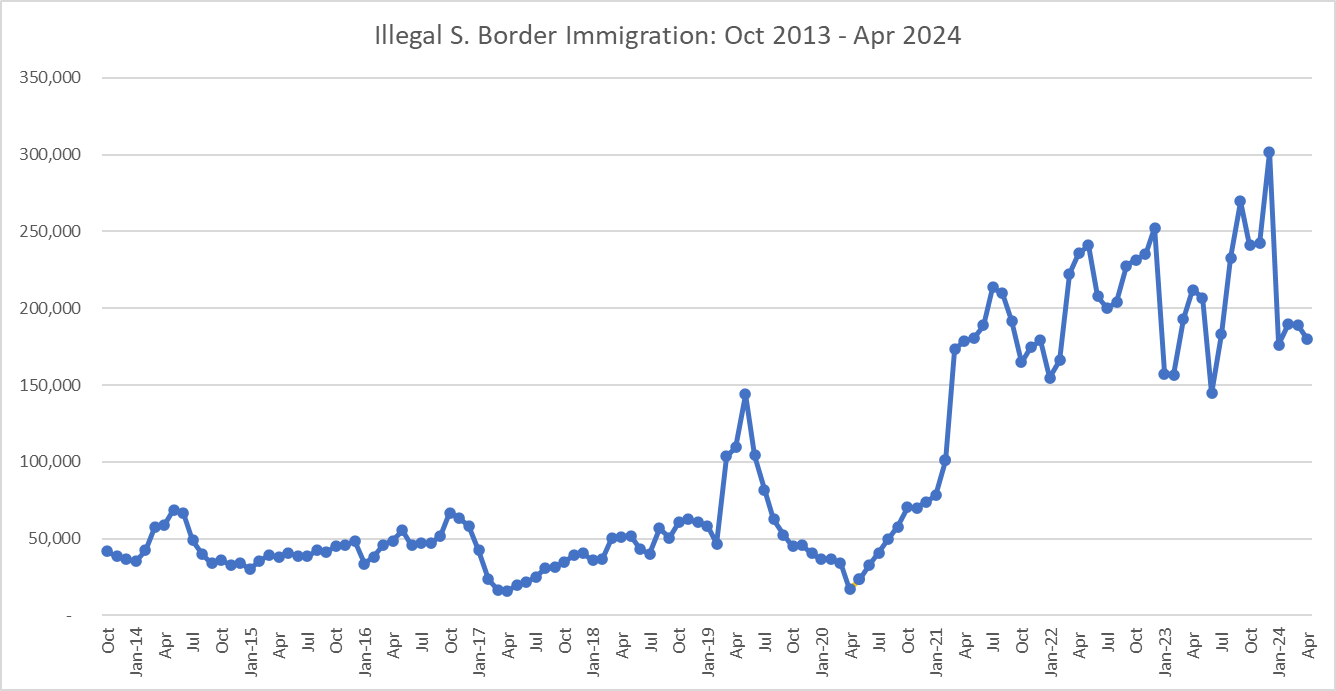George writes a twice-weekly column on politics and foreign affairs for the Washington Post, a column he launched in 1974. He is also a regular contributor to MSNBC and NBC News. The author of 14 books, his latest is American Happiness and Discontents, but the one we primarily cover in this episode is The Conservative Sensibility — which I reviewed for the NYT.
You can listen right away in the audio player above (or on the right side of the player, click “Listen On” to add the Dishcast feed to your favorite podcast app). For two clips of our convo — on why the presidency has too much power, and the necessity of stopping Putin — pop over to our YouTube page.
Other topics: growing up in Lincoln country; the son of a philosophy prof and an academic editor; Isaiah Berlin was a family friend; George and I both attending Magdalen College, Oxford; his meeting with Thatcher in late '60s; how socialism is stultifying; Oakeshott; industrial policy as crony capitalism “from the start”; Milton Friedman; why “secure” is the most important word in the Constitution; just war theory; Vietnam as the “professors’ war”; collectivism vs national security; the trauma of 9/11 and the Iraq War; the China threat today; Gaza; why natcons are jealous of progressives; Elizabeth Warren; why Woodrow Wilson criticized the Founding as quaint; FDR and his fireside chats; in praise of Eisenhower; the spread of the administrative state; Caldwell’s The Age of Entitlement; Reagan and the national debt; his bad wager on the Laffer Curve; the meaning of his smile; presentism; Hume at a dinner party; Madison’s genius; George the “amiable low-voltage atheist”; Christian nationalism; evangelicals for Trump; the entitlement crunch with Boomers; “not voting is an opinion”; our disagreement on immigration; the “execrable” 1924 law; climate change as a low priority for Gen Z; why Trump is unprecedented; Biden’s age and his “stupendous act of selfishness” in running again; Gina Raimondo; DEI as the new racial discrimination; the deep distrust in media; the flailing WaPo; “happiness is overrated”; the appeal of baseball; and the reasons why America is exceptional.
Browse the Dishcast archive for an episode you might enjoy (the first 102 are free in their entirety — subscribe to get everything else). Coming up: Nellie Bowles on the woke revolution, Lionel Shriver on her new novel, Elizabeth Corey on Oakeshott, Tim Shipman on the UK elections, Erick Erickson on the left’s spiritual crisis, Bill Wasik and Monica Murphy on animal cruelty, Van Jones, and Stephen Fry! Send any guest recs, dissents, and other comments to dish@andrewsullivan.com.
A listener reacts to last week’s episode on the cold war with China:
Whoa, sparks were flying! Is Noah Smith a Cassandra, or just cocksure? Only time will tell. It was a fun interview, at least for listeners. He had things to say that we don’t often hear. I can’t say more — too dizzy.
Another is very skeptical of the cold war turning hot:
Yes, the West is slowly waking up to the reality of a new Cold War, and Noah Smith deserves kudos for highlighting that. But the notion that China is going to ignite World War III with a surprise attack on US forces in the Pacific? Or that Taiwan is just a prelude to a global Chinese military offensive with the ultimate goal of encircling and destroying the US? Dude.
The only time I have seen Noah quantify the risk of WWIII, he went with 50 percent — pretty high for the most dire scenario imaginable. By contrast, betting markets like Metaculus put the odds of a full-scale Taiwan invasion by 2030 at 20 percent, and of a US/China war by 2035 at 10 percent. Richard Hanania recently put the odds of a Taiwan invasion at 10-15 percent by 2035.
On X, Noah has dismissed Westerners like me — who live in East Asia and lowball the risk of war — as too beholden to their Chinese business partners and girlfriends to see the situation clearly. The truth is, we civilians can only guess at what the top brass is thinking, on both sides. Noah is just as reliant on cherry-picked anecdotal data as doves like me, while ignoring all the data on the dovish side of the ledger:
China is newly prosperous. The guy in his spotless BMW who drove me around Shenzhen last week was incredibly house-proud of its high rises, museums, malls and parks. He would not want to see all that firebombed.
No locals I have ever spoken to in my 30 years here (and I have some pretty Tankie contacts, including my wife) have openly advocated for or predicted war, much less Chinese global military hegemony. When I bring up the risk of war with Mainland friends, they roll their eyes like I am some kind of QAnon freak.
The Party keeps close tabs on popular opinion — that is why Zero Covid was suddenly dropped. Remember, Zero Covid stayed in place far too long largely because China was too tepid to force grandmas to vax. Plus, there is Hanania’s argument that China today is deeply risk-averse — perhaps a hangover from the living memory of famine and Cultural Revolution. It would be out of character, and perhaps exceed state capacity, to force an apocalyptic gambit onto a skeptical citizenry.
China has for decades periodically fanned the flames of extreme nationalism when it suits them, but then always reins things back in.
Chinese policy is not monolithic. Foreigners decry China’s mixed signals —raiding foreign-market research firms while unfurling the red carpet for Jamie Dimon and Elon Musk — but I have always taken such dissonance as a comforting sign that no one faction is calling all the shots.
A lot of the bellicose messaging we see from China comes from their equivalent of the neocon blob. It does not necessarily represent the full spectrum of elite opinion.
Recent military corruption scandals may have pushed any Taiwan planning out by several years.
Per Hanania, even if there is a conflict over Taiwan, there are good reasons for it to be contained, just as Ukraine and Gaza are superpower proxy wars that have so far been contained.
The Taiwan status quo has enormous propaganda value as an evergreen source of national mission and unity.
An unsuccessful move on Taiwan would be an epic embarrassment and a career-ender.
Oh, and one more thing: the threat of mutually assured destruction locked the last Cold War into steady state equilibrium for almost 50 years. Alas, Noah has suggested that a superpower nuclear exchange might be no big deal.
Yes, we are embarking on Cold War II. There will be an arms race and risks for both sides. But this Cold War is as unlikely to go hot as the last one. I give it about 3 percent.
More skepticism comes from a long-time listener who is “still loving your podcast”:
I share Noah’s basic view that the US is in global competition with China and needs a real manufacturing base to be credible — you can’t book enough conference rooms to stop a determined adversary who’s prepared to fight. I was completely taken aback, though, by his casual assertion about America’s ability to shut down a Chinese invasion of Taiwan.
Contrary to Noah’s assertion, China would very likely defeat the US militarily in a war over Taiwan. It matters far more to China, and they would have enormous advantages. China has >4X the population of the US, an economy of approximately the same size, and ~2X the number of soldiers. Air and amphibious assault on Taiwan is a central focus of its military doctrine. Taiwan is ~100 miles from China and more than 6,000 miles from the US mainland. That’s why US war games as recently as 2018 have shown China creating catastrophic losses for the US.
How long could the US really sustain full-scale conflict with a much larger country at that distance? Ukraine has reminded people who live online that wars tend to grind on and on, and your industrial base, logistics and willingness to keep fighting tend to determine victory. China knows this, and knows that we know it.
Further, Taiwan is not providing any evidence of wanting to fight. I’ve spent a decent amount of time in Taipei for work, and the Chinese and Taiwanese economies are increasingly integrated. China is Taiwan’s largest trading partner, by far. Currently there are almost half a million Chinese nationals living in Taiwan, and about the same number of Taiwanese living in PRC China. There are several nonstop flights per day between Taipei and Shanghai.
Taiwan currently spends 2.1% of GDP on defense (about the same as France). There is no draft in Taiwan, and the average military unit is staffed at 60% of targeted strength. Does that sound like a nation prepared to do what it takes to defend itself against an existential threat?
The Taiwanese are Chinese, just under a different government. They are using US military power — without being prepared to fight themselves — to get a better deal in the effectively inevitable reunification of China. The better strategy to deal with reliance on Taiwanese chips is to repatriate production, for many reasons.
A sunnier part of my chat with Noah:
A listener pitches another guest:
I humbly recommend that you invite Peter Zeihan to provide a more thoroughly researched set of predictions in the realm of geopolitics. I’m confident that you are familiar with his work and may have possibly heard him on Sam Harris’ podcast. I made his acquaintance while living in Austin many years ago and I’ve been impressed with his thoughts and his supporting justifications. As a long-time participant in international affairs from the vantage point of the national capital region, I don’t place too much credence on academic theorizing, but Mr. Zeihan is an incredibly entertaining guest and a thought-provoking theorist.
Another rec:
I’ve loved listening to you talk to people from a wide range of perspectives. It’s cathartic for me, since my family doesn’t enjoy debate like I do! Have you considered asking John Lennox to be on your podcast? I think that could be a good follow up to your discussion with Dawkins. From his Wiki page:
John Carson Lennox is a mathematician, bioethicist, and Christian apologist originally from Northern Ireland. He has written many books on religion, ethics, the relationship between science and God, such as Has Science Buried God? and Can Science Explain Everything? He has had public debates with atheists including Richard Dawkins and Christopher Hitchens.
Another wonders:
I noticed that you recently stopped mentioning at the beginning of the pod that Nellie Bowles will be coming on. Is she no longer scheduled? I’ve been looking forward to listening to you interview her. Just wondering! I love the Dishcast and that you reply so readily to your listeners.
We recorded a wonderful convo with Nellie a few weeks ago, after she had to postpone our initial taping! It wasn’t very topical so we’ve kept it in the hopper, but we’ll probably run it next week.
Next up, an immigration email from a “long-time Dish subscriber and reader — way back to my mother writing you when I came out 25 years ago (you had a few exchanges)”:
I’ve now been gay-married for almost 13 years, and we have twin 8 year olds. I have greatly valued the perspectives you bring to the Dish to help me think about things in different ways. I don’t always agree, but there is learning in the mental debate.
I’m writing today because I think the Donald Trump is getting too much credit and too much confidence with regards to being able to address illegal immigration. A few facts have seemed to disappear in the swirl of the 2020 election, Jan 6th, impeachment, etc., and they not been revisited by the media:
The last five months of the Trump presidency (Sept 2020-January 2021) had the most illegal immigration vs. the same months in prior years of Trump's presidency (and even the last term of Obama’s presidency). Namely, September 2020 saw the highest southern border immigration in September for any September since at least 2013.
From May 2020 to January 2021, illegal immigration on the border grew steadily each month, from 23,237 in May to 78,414 in January 2021 — a 358% increase. (Yes, it went sky-high with Biden coming in and changing the policies, but was the increase all Biden’s policies, or had Trump’s policies already failed and he was saved by the bell?)
I think graphically is the best way to see this (the CBP uses the October government year, which is confusing, so I have set this chart to calendar year and built it out monthly from their older data into one line):
Sure, the big bump in 2019 had passed (been solved), but to have a new increase steadily emerge, and the last five months being the highest months in many years — that is big.
I did two other charts. The next one adds in the last 3+ years of Obama’s term (to show that the last four months of Trump were higher than for Obama — that is shown by the green cross line):
And for clarity, this is the graph with Biden’s term (through April 2024):
It has gone through the roof since Trump, and it’s a problem (as you have been highlighting in all your writing), but should we be ASSUMING that Trump’s policies will actually lower it? In 2019, he had the biggest initial spike ever seen, and it looked like it was coming back at the end of his presidency.
I have little confidence in Trump doing anything. But Biden’s record, as I note in today’s column, is damning beyond measure. A dissenting reader addresses “your incoherence on those ‘affected’ by immigration”:
I just read your column about Biden and his pandering and dangerous speech at Morehouse College. I completely agree with your take on this. I teach at a suburban Chicago school that is majority-minority, and I’m always attempting to get kids to understand their agency and how they can move themselves forward. Wallowing in the idea that you are fighting against large impersonal forces that can’t be conquered seems to lead indisputably to psychological damage and a lack of work ethic.
I also found compelling the “In the ‘Stacks” link to Cecil Grant’s piece about the Tuskegee Airmen, as it combined agency with historically informed patriotism. As a US history teacher, I can say that I heavily sympathize with the author’s thoughts on the subject.
My question is why, not use the same logic on these poor, poor nativists in America and the UK who don’t “recognize their country any more?”
Listen to this episode with a 7-day free trial
Subscribe to The Weekly Dish to listen to this post and get 7 days of free access to the full post archives.
















